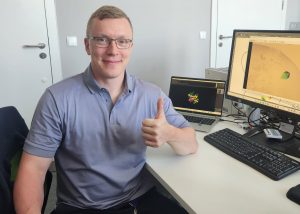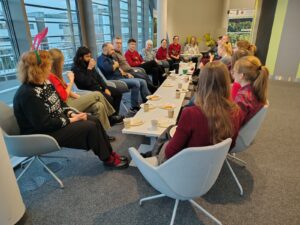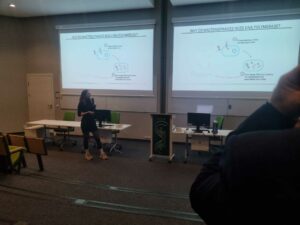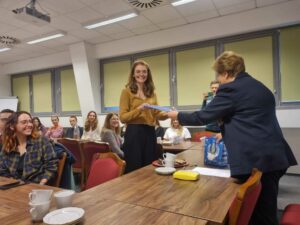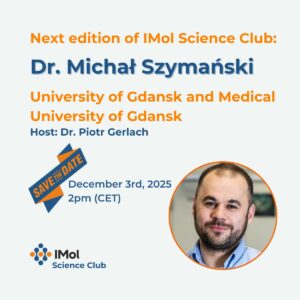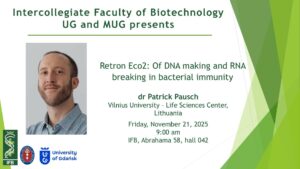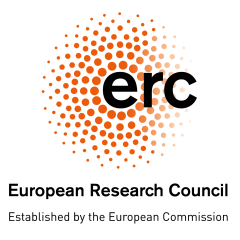In collaboration with Prof. Alicja Wegrzyn’s lab, Institute of Biochemistry and Biophysics of the Polish Academy of Sciences, we were awarded an OPUS 23 grant!
We’ll investigate the extraordinary features of phage DNA polymerases isolated from natural environments. Special congrats to our PhD students who provided critical preliminary data for this research grant!
Project description
Bacteriophages (viruses that multiply in bacterial cells) are the most numerous group of organisms found on Earth. They inhabit saltwater and freshwater, both flowing and standing, soil and extreme environments such as: hot springs, deserts and glaciers, as well as animal and human organisms, entering the microbiome. The rapid development of molecular biology techniques of molecular biology in the 20th century, including high-throughput sequencing of of nucleic acids, made it possible to gain an in-depth understanding of the genomes of many organisms. In one of the largest sequence deposition databases at the Institute of Public Health in the US, out of more than 400,000 publicized genomes of microorganisms, only more than 4,000 are genomes of bacteriophages. Most published studies on the structure and function of proteins building phage capsids and functional proteins concerns only a dozen or so representatives of this very large group, and these works were created more than half a century ago, when the technical capabilities of scientists were relatively modest, in compared to the present day. During our team’s work on morphological, genetic and functional biodiversity of bacteriophages isolated from the environment, it was found that they encode enzymes duplicating genetic material (called DNA polymerases) with an unprecedented structure to date. The goal of this project will be to carry out a thorough physical and biochemical characterization of the aforementioned DNA polymerases and answer the question of how enzymes with an unprecedented conformation function in a living organism. The overarching question of the project will be present the molecular diversity of phage enzymes as a reflection of their morphological diversity. The data obtained in this project project will allow verification of the initial assumptions that the newly discovered DNA polymerases can be used in biotechnology.




